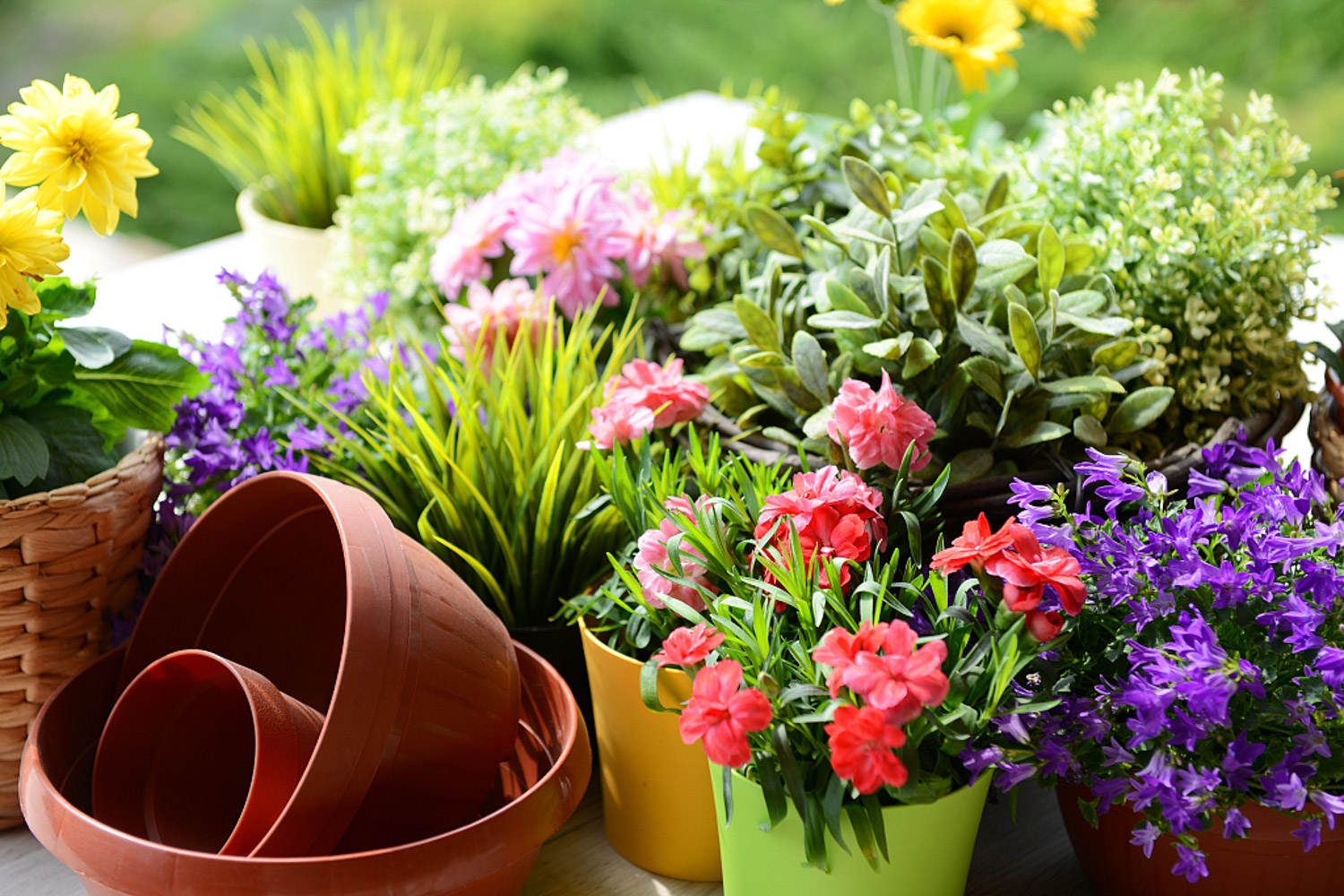Cuttings should pay attention to moisture
When cutting, a very important point to ensure the success rate is to moisturize and ensure high enough air humidity. When cutting, because the plant absorbs water slowly and evaporates quickly, the cuttings are easy to die. Ensuring a certain air humidity can reduce this problem
To ensure air humidity, in addition to spraying water frequently, there are also some tips. Cover the flowerpot with plastic cloth or plastic film to moisturize it

Suitable substrate should be selected for cutting
When cutting, the requirements for matrix are still very high, which requires good water holding capacity and certain water permeability
For some flowers with extensive growth, general garden soil or culture soil can meet their needs. Some plants that like acidic soil can choose acidic soil as the medium. If it is difficult for some plants to take root, the cutting matrix can choose vermiculite or river sand

Appropriate time should be selected for cutting
Proper cutting time is the key to plant survival. Generally, cutting is best in early spring or late summer, or when the plants to be cut grow vigorously, which can ensure the survival rate of cutting
In addition, when the temperature is kept between 20 ℃ - 25 ℃ and the air humidity is relatively high, the cutting survival rate is relatively high
Rooting water can be used when cutting
In fact, the main concern of cutting is rooting. Promote rooting. Cuttings are easier to survive. Sometimes rooting water can be used to promote rooting
There are special rooting agents on the market, which can also be made by ourselves. Rooting water can be made by using willow branches, vinegar and so on

Cuttings should be well treated
The first is to remove the leaves. Leaves evaporate water and consume nutrients, which is not conducive to the survival of cuttings, so it is necessary to properly retain 1-2 leaves
The second is to deal with the wound, mainly to avoid infection. You can use plant ash to smear the wound and reduce the invasion of bacteria

 how many times do yo...
how many times do yo... how many planted tre...
how many planted tre... how many pine trees ...
how many pine trees ... how many pecan trees...
how many pecan trees... how many plants comp...
how many plants comp... how many plants can ...
how many plants can ... how many plants and ...
how many plants and ... how many pepper plan...
how many pepper plan...



























